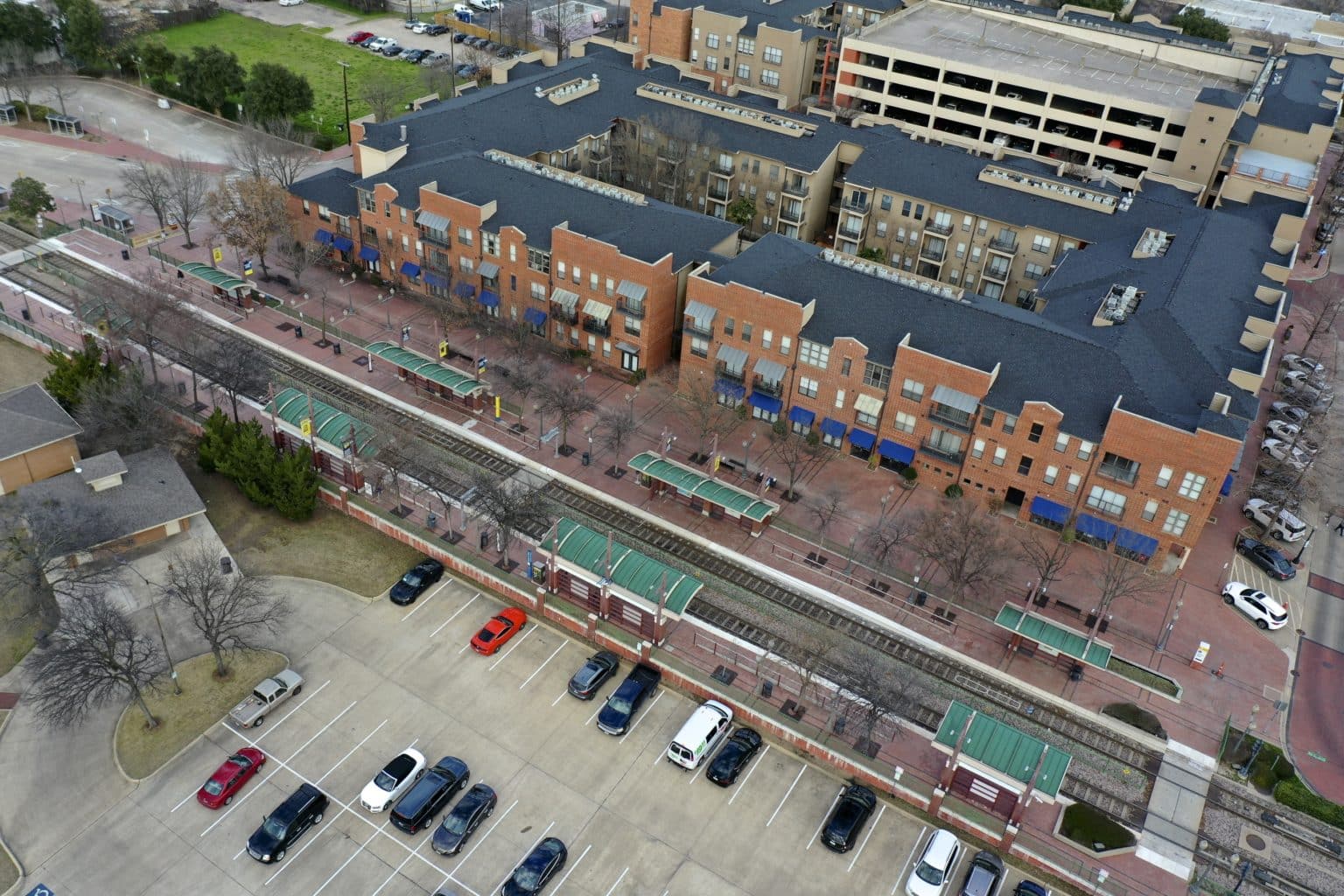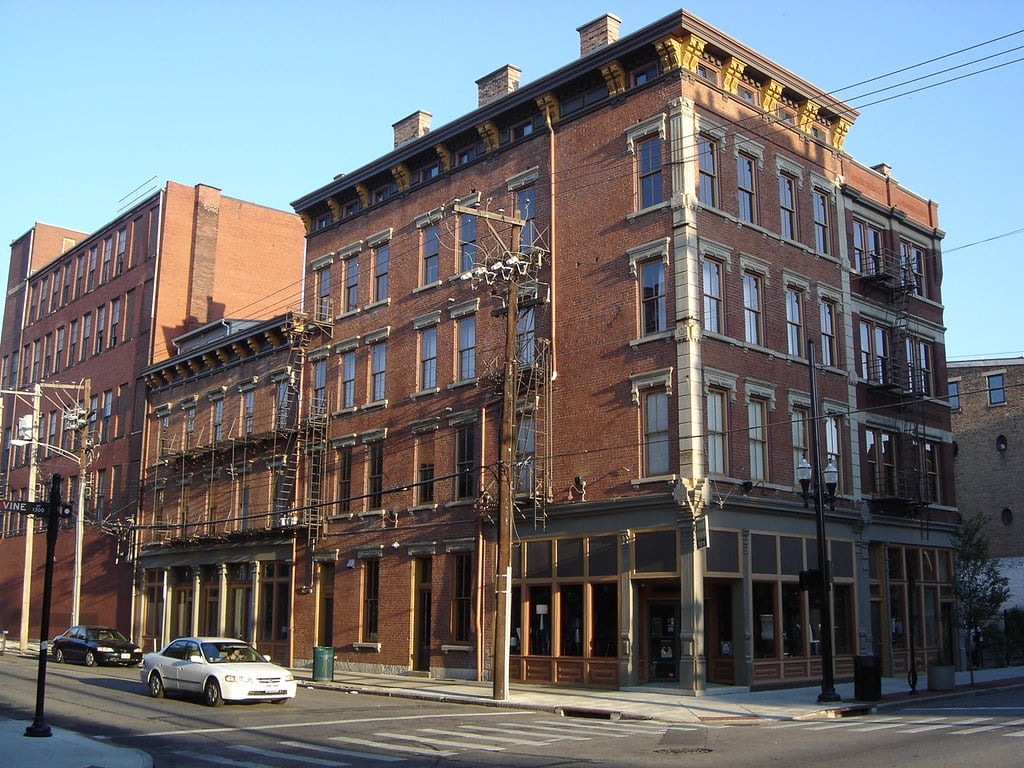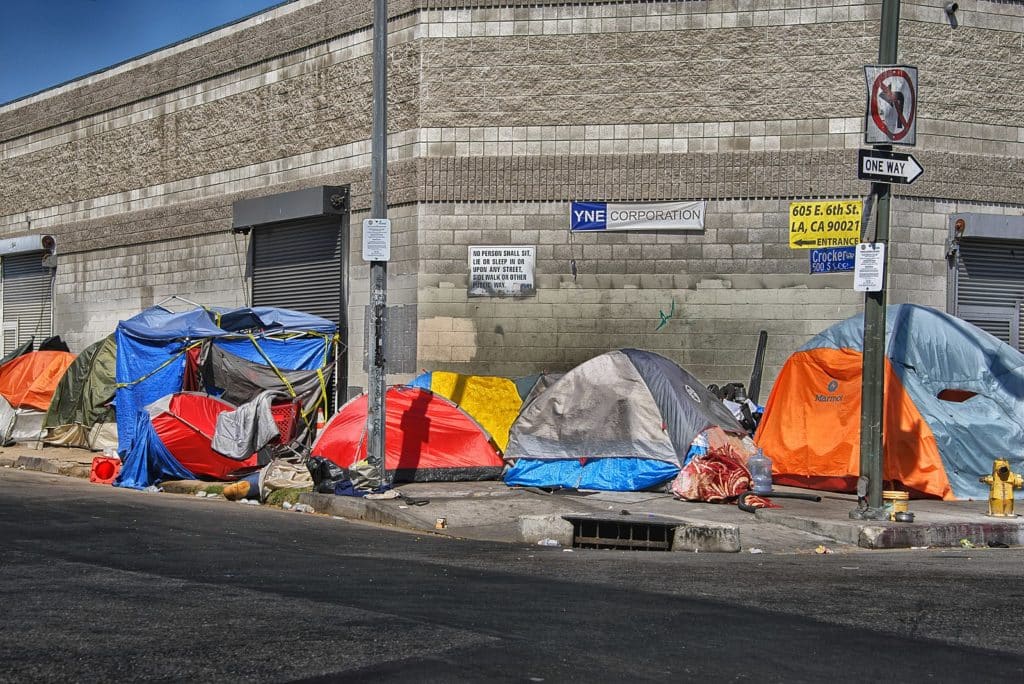
Affirmatively furthering fair housing strategies from North Texas; Pittsburgh, PA; and Buffalo, NY
Localities and other jurisdictions that receive Community Development Block Grant or other U.S. Department of Housing and Urban Development (HUD) funds are obligated to affirmatively further fair housing. This entails taking “meaningful actions to overcome patterns of segregation and foster inclusive communities.” This case study series focuses on a mobility program in Buffalo, NY; a series of place-based strategies and investments in the Hill District neighborhood of Pittsburgh, PA; and a regional fair housing planning process conducted by multiple localities in the North Texas region.






